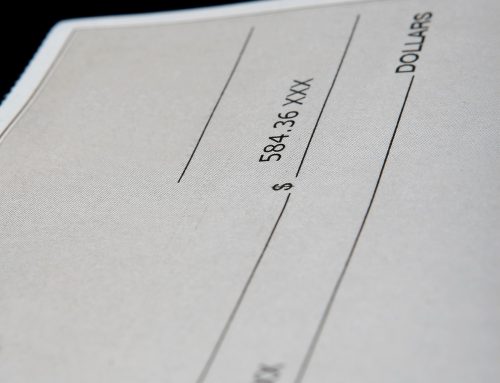Posted on Mar 25, 2014
As a small business owner you need to get very comfortable with one of the key areas of your business…FINANCE!!
Ah…I can hear it now, “FINANCE! No way, that stuff is for weenie accounting people…..BORRRRRING!!”
For those of you frantically searching for the exit button, this will be painless, don’t go anywhere.
Now, some of you may be saying, “Ya, but I pay big bucks for an accountant to look after this for me.” So? What’s your point? Who cares more about your financial health, you or your accountant? Don’t stick your head in the sand; you need to understand your own numbers.
In order for a business to be successful financially it must be doing many other things correctly. So, unlike some accounting types, I’m not going to tell you that Finance is the most important area of your business, it’s not, but it is one of the most important.
Finance gives you the numbers, it’s up to you learn what numbers to use, how to use them, and how to interpret the results. That’s where Financial Statements come in….
Financial Statements are used to show the financial health of a business. They have the potential to be viewed by different audiences for different reasons.
Here are a few examples:
- Lenders will use the information to determine whether your business is a good credit risk
- It’s possible a supplier may request a copy of your financial statements before extending credit to your business
- Potential investors need them to decide if your business is a good investment
- If your small business is a corporation, the Government will require financial statements be filed with your tax return (Canada Revenue Agency – Corporation Income Tax)
- The most important person using your financial statements should be YOU
The two most important statements are the Balance Sheet and Income Statement.
The Balance Sheet shows your financial position at a particular point in time. It displays what your business owns (assets), what it owes (liabilities), and the difference between the two; equity. That’s what belongs to the owners.
The Income Statement covers your progress over a period of time. It shows revenues and expenses; revenue minus expenses equals your net income (Yay!!) or, net loss (Boo!!).
Analyzing the numbers on your Balance Sheet and Income Statement can teach you a lot more than just whether or not you’re making money. A thorough examination gives you the ability to gauge your performance by comparing your current results with past results. Spotting any negative changes or trends gives you the ability to stay ahead of them before they become a serious issue. Further, ongoing analysis tells you if you’re on budget or in step with your business plan.
Check out Bob’s video on Dashboards & Keeping Score, then; check out our series introducing you to the Balance Sheet and Income Statement.
A Knowledgeable Boss = HappyBoss
Karen







